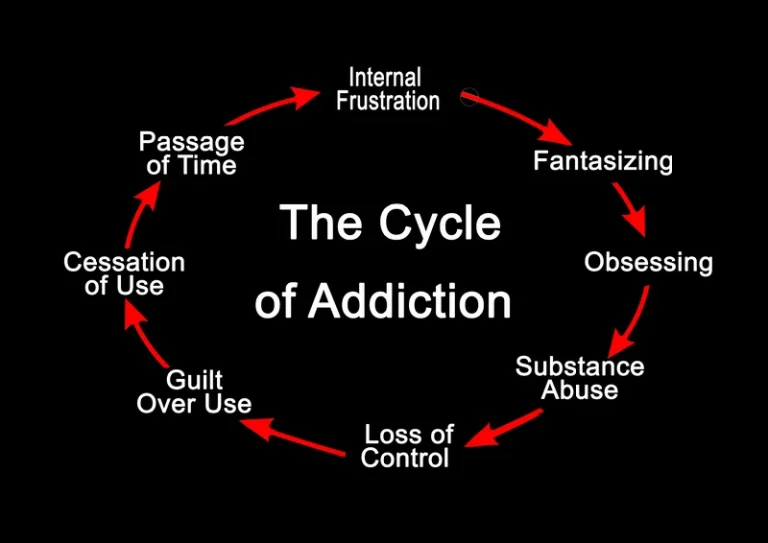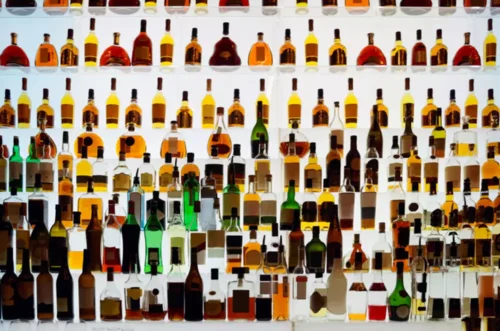
These direct and indirect effects of alcohol can result in serious medical problems for the drinker. For example, anemia2 resulting from diminished RBC production and impaired RBC metabolism and function can cause fatigue, shortness of breath, lightheadedness, and even reduced mental capacity and abnormal heartbeats. Finally, alcohol-induced abnormalities in the plasma proteins that are required for blood clotting can lead to the formation of blood clots (i.e., thrombosis). Altered platelet responses (e.g., increased platelet activation/aggregation) leads to blood-clot formation (or thrombosis) in certain CV conditions. Anticlotting therapies are therefore the cornerstone of managing acute coronary syndromes.
Increased Bleeding
Many bone marrow abnormalities occurring in severe alcoholics affect the RBC precursor cells. These abnormalities most prominently include precursors containing fluid-filled cavities (i.e., vacuoles) or characteristic iron deposits. Additionally, the NIAA advises that studies have indicated that heavy alcohol use and AUD have links to increased surgical complications. It also suggests long-term alcohol use may increase the dose requirements for general anesthesia.
What Are the Effects of Alcohol on Bone Marrow?
In terms of stroke subtypes, compared with nondrinkers, current alcohol drinkers have an increased risk (~14 percent) for hemorrhagic stroke (Ronksley et al. 2011). Excessive alcohol intake over time can contribute to the development of liver disease, such as cirrhosis. Liver disease can affect the production of proteins necessary for blood clotting. Consequently, it can lead to an imbalance in the clotting process, increasing the risk of bleeding disorders. The body’s ability to prevent excessive bleeding using the coagulation system is balanced by the fibrinolytic system, which helps ensure blood flow in peripheral organs and tissues by dissolving inappropriate fibrin clots.
Alcohol Consumption and Total Stroke Incidence and Prevalence

While the mechanism behind why this happens is unclear, the theory is that this moderate consumption reduces stress reactivity in the brain. Platelets also release proteins called clotting factors that form a plug to close the hole. Yet because of this effect, drinking alcohol could potentially increase your risk for the bleeding type of strokes — especially when you drink it in large quantities. Alcohol use — especially in excess — can also pose other risks to your health. Although our results do not reveal the mechanism for this association, according to our literature review, we suggest that several possible explanations exist for the mechanism for this association.
Relationship Between Alcohol and Heart Health
When traveling to such a site, the neutrophils adhere to the walls of the blood vessels before migrating out of the blood vessels into the affected tissue. In tissue-culture experiments using nylon fibers to mimic this adherence, neutrophils could not adhere to the fibers if the blood samples were incubated with alcohol. The degree and duration of this adherence defect correlated with the inhibition of neutrophil delivery observed in the body. Moreover, drugs that corrected the adherence defect in tissue-culture experiments also improved neutrophil delivery in humans.

“But if someone were to have a couple of beverages, a baked good, and some ice cream sweetened with erythritol in the same day, the accumulation may be over 30 grams,” he says. Erythritol is a sugar alcohol found at low concentrations in fruits and vegetables that is about 70 per cent as sweet as sugar. It contains almost no calories, making it a popular sugar substitute, especially in does alcohol affect blood clotting the US and Europe, says Stanley Hazen at the Cleveland Clinic in Ohio. For several decades, erythritol has been added to products such as chewing gums, beverages and baked goods. 1The term “heavy drinking” is not used consistently in the alcohol literature; therefore, this article generally refers to “heavy drinking” and “heavy drinkers” based on the terms used in the reference cited.
The Sweetener Erythritol May Increase the Risk of Blood Clots
- There are a lot of artificial sweeteners available for people who want to have less sugar in their diet, but one, in particular, has been getting a lot of attention lately — and not for a good reason.
- Alcohol consumption also interferes with the neutrophils’ ability to reach the site of an infection or inflammation (i.e., neutrophil delivery).
- These ferritin-containing cells, which are called ringed sideroblasts, cannot mature further into functional RBC’s.
- The platelets secrete several proteins (i.e., clotting factors) that—together with other proteins either secreted by surrounding tissue cells or present in the blood—initiate a chain of events that results in the formation of fibrin.
In many alcoholic patients, blood loss and subsequent iron deficiency are caused by gastrointestinal bleeding. Iron deficiency in alcoholics often is difficult to diagnose, however, because it may be masked by symptoms of other nutritional deficiencies (e.g., folic acid deficiency) or by coexisting liver disease and other alcohol-related inflammatory conditions. For an accurate diagnosis, the physician must therefore exclude folic acid deficiency and evaluate the patient’s iron stores in the bone marrow. Alcohol is the most commonly used drug whose consequences include the suppression of blood cell production, or hematopoiesis. Chronic excessive alcohol ingestion reduces the number of blood cell precursors in the bone marrow and causes characteristic structural abnormalities in these cells, resulting in fewer-than-normal or nonfunctional mature blood cells.
Does Alcohol Thin Your Blood? Effects and Impact
Whereas some older studies reported an increase in fibrinolytic activity after alcohol consumption, more recent, better controlled studies have demonstrated that alcohol diminishes fibrinolysis the day after alcohol ingestion or during prolonged alcohol consumption. These observations suggest that alcoholics may be at increased risk for thrombosis. Chronic ingestion of large quantities of alcohol alters many physiological and biological processes and compounds, including several blood-related (i.e., hematological) variables.
Ways That Alcohol Abuse Increases Risk of Blood Clots and Cardiovascular Damage

This association has been observed with alcohol consumption in excess of two drinks per day and described in white, black, and Asian men and women who reported daily intake of three or more drinks (see, for example, Klatsky 1995). Women may be less susceptible than men to alcohol-induced hypertension, however. Platelet function is a key factor in the initiation and progression of blood clot formation (i.e., thrombosis). This complex process begins in the roughened endothelial surface of a damaged blood vessel. Platelets adhere to the roughened surface, and a cascade of events culminates in the formation of the enzyme thrombin. Thrombin interacts with platelet membrane receptors, resulting in stimulation of the enzyme phospholipase C.

Is it safe?
Because research suggests that alcohol may thin the blood, people need to avoid consuming any before undergoing surgery. American Addiction Centers (AAC) is committed to delivering original, truthful, accurate, unbiased, and medically current information. This article discusses the effects that alcohol has on the blood in both the short and long term. As females retain more alcohol in the bloodstream than males, they are at higher risk of developing problems from combining alcohol with medications.